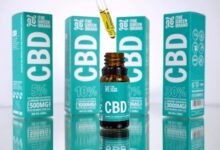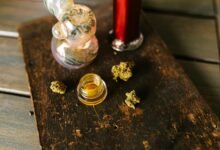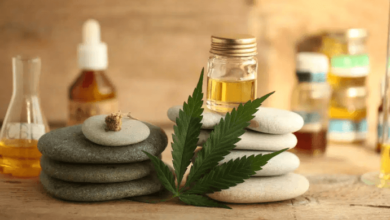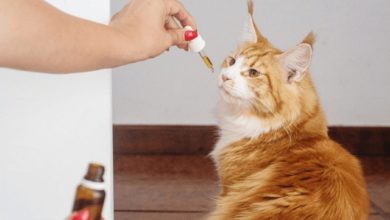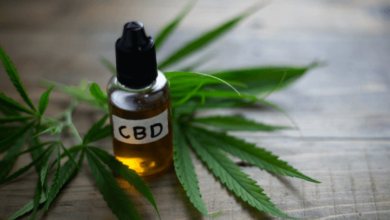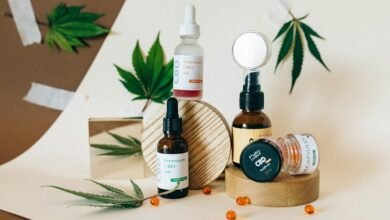Will Cbd Oil Show up on a Drug Screen
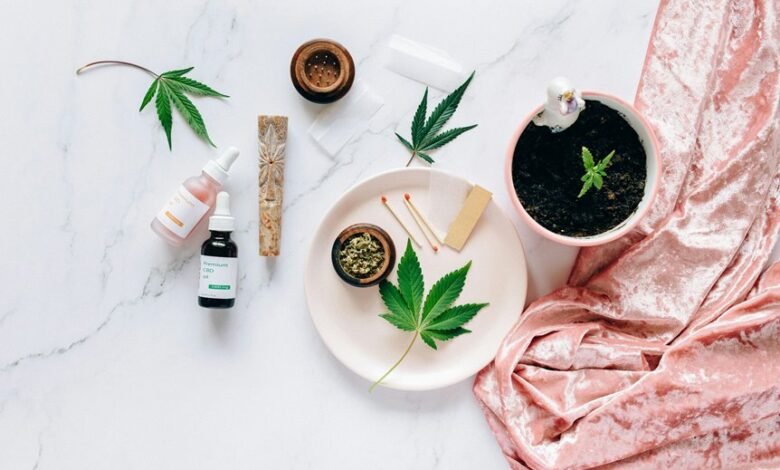
The presence of CBD oil in drug screenings raises important questions. CBD, a non-psychoactive compound, differs significantly from THC, the psychoactive element in cannabis. However, many CBD products may contain trace amounts of THC, which can lead to a positive test result. Understanding how drug tests function and the factors that influence their outcomes is essential for users. This leads to a crucial consideration: how can one choose a CBD product that minimizes this risk?
Understanding CBD and THC: The Key Differences
Cannabidiol (CBD) and tetrahydrocannabinol (THC) are two prominent cannabinoids found in the cannabis plant, each possessing distinct properties and effects.
CBD benefits include potential relief from anxiety, pain, and inflammation, while THC effects primarily involve psychoactive sensations and euphoria.
Understanding these differences is crucial for users seeking specific therapeutic outcomes or recreational experiences, as the presence of THC can affect legal and employment considerations.
How Drug Tests Work: What They Detect
Drug tests are designed to identify specific substances or their metabolites in a person's system, typically through urine, blood, saliva, or hair samples.
These drug testing mechanisms operate based on detection thresholds, which determine the minimum concentration of a substance needed to yield a positive result.
Understanding these parameters is crucial for individuals concerned about the presence of substances like CBD oil in drug screenings.
Factors That Influence Drug Test Results
While various factors can affect the outcome of drug tests, the most significant ones include the type of test administered, the specific substances being tested for, and an individual's unique metabolic processes.
Additionally, drug test variables such as the sensitivity of the test and the timing of consumption influence results.
CBD metabolism varies among individuals, further complicating the relationship between CBD use and drug test outcomes.
Choosing the Right CBD Product for Safety
When selecting a CBD product, safety should be a primary consideration due to the potential for varying levels of THC and other contaminants.
Understanding the differences between full spectrum and isolate formulations is crucial. Additionally, researching product sourcing ensures transparency and quality.
Consumers must prioritize reputable brands that provide third-party lab testing to guarantee a safe and effective CBD experience, minimizing risks associated with drug screenings.
Conclusion
In conclusion, while CBD oil offers various therapeutic benefits, its potential to show up on drug screens can be as unpredictable as a coin toss. The presence of THC in certain products raises the risk of a positive result, making it essential for users to select THC-free options and consult third-party lab testing. By understanding the differences between CBD and THC, as well as the factors affecting drug tests, individuals can make informed choices to safeguard their employment and well-being.
